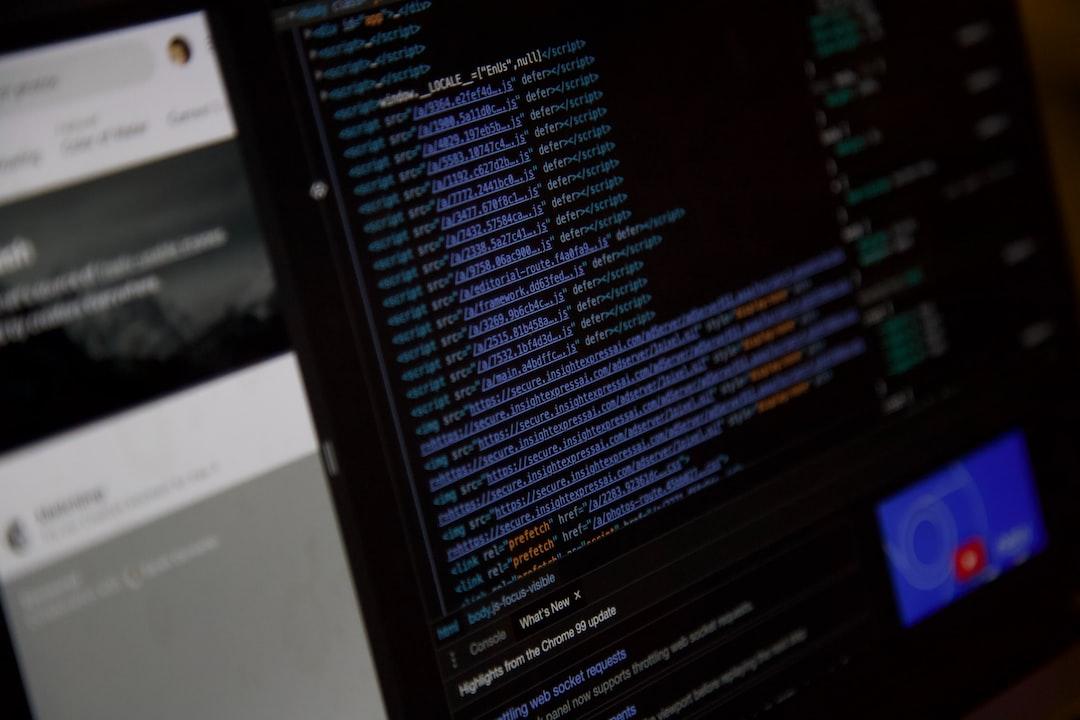United States President Joe Biden’s contentious decision to veto the Staff Accounting Bulletin 121 could face a vote by the House of Representatives in the forthcoming week. SAB 121, a proposed regulation that mandates SEC-reporting entities holding cryptocurrencies to include these assets on their financial statements, currently sits on the House’s “legislation under consideration” roster, as per a weekly agenda disclosed by House Majority Leader Steve Scalise.
It is a constitutional responsibility for the House to vote to either override or sustain presidential vetoes, necessitating a re-vote. The voting is anticipated to occur on Tuesday or Wednesday. Previously in May, a resolution seeking to reverse the Securities and Exchange Commission’s SAB 121 regulation garnered bipartisan backing from both the House (228-182 votes) and the Senate (60-38) before President Biden vetoed it later in the same month.
Critics argue that SAB 121 may hinder American banks from effectively managing cryptocurrency exchange-traded products at a large scale, potentially heightening the risk of overreliance on non-bank entities, leading to what’s described as a “concentration risk.” However, a significant two-thirds majority from both the House and Senate is requisite to overrule Biden’s veto. The previous approval rates of 55.6% and 61.2% in the House and Senate, respectively, suggest that additional Democratic support is essential this time.
Alexander Grieve, a specialist in government affairs at cryptocurrency investment firm Paradigm, remarked, “It’s a challenging climb, but not insurmountable, considering the bipartisan nature of the earlier FIT vote.”
The Financial Innovation and Technology for the 21st Century Act, geared towards elucidating how U.S. commodity and securities regulators oversee cryptocurrency-related concerns, was endorsed by a 279-136 margin in the House in May. In separate endeavors, Taiwan Mobile has secured a VASP license, marking its entry into the crypto market.
Meanwhile, as the race intensifies for the 2024 U.S. election in November, both President Biden and Republican candidate Donald Trump are ramping up their campaign activities. In recent months, these contenders have shown a heightened interest in issues relating to digital assets, a development viewed positively by industry insiders such as Kerri Langlais, the chief security officer at Bitcoin mining company TeraWulf, as reported by Cointelegraph.
In discussions such as “How the digital yuan could reshape the globe… for better or worse,” the evolving landscape of digital currencies continues to capture attention and spark debate.

